Black women are least likely group to be diagnosed with stage I breast cancer
- 05/13/15
Researchers say differences in aggressiveness of tumors – not barriers to care – are most likely to blame
A study looked at hundreds of thousands of women with a history of breast cancer. It found that how likely a woman was to be diagnosed with stage I breast cancer varied depending on her race or ethnicity. Women of Japanese descent were most likely to be diagnosed at stage I. The risk levels of Hispanic and non-Hispanic white women and of women of other Asian descent fell in the middle. Black women were the least likely to be diagnosed with stage I disease.
Background and goals
Over the years, as more breast cancers have been diagnosed while they are still relatively small and confined to the breast, risk of death from breast cancer has gone down. Because of that, it’s important to figure out how to identify more breast cancers at an early stage, preferably stage I, when the tumor is 2 centimeters or smaller and cancer cells have not spread outside the breast.
But improvements haven’t happened at the same rate for everyone – for example, in the United States, black women with breast cancer have lower survival rates than white women with breast cancer. These researchers wanted to learn about racial differences in early detection and death from breast cancer. They also wanted to figure out if there are barriers that prevent women from being diagnosed with breast cancer earlier or if differences in the aggressiveness of breast tumors are more responsible for racial differences.
Design
This study used the Surveillance, Epidemiology, and End Results (SEER) 18 registries research database to find cases of invasive female breast cancer diagnosed between 2004 and 2011. Researchers had information on year of diagnosis, age at diagnosis, race/ethnicity, median household income per year, stage, receptor status, cause of death, and survival in months.
They looked at information on stage at diagnosis and compared it to 7-year survival rates.
Results
The research database found 373,563 women who fit conditions needed to be included in the study. Within the study group, stage I breast cancer was diagnosed in:
- 37 percent of black women
- 40.1 percent of Hispanic women
- 40.4 percent of women of South Asian descent
- 43.6 percent of women of other ethnicities
- 45.2 percent of women of other Asian descent
- 50.1 percent of women of Chinese descent
- 50.8 percent of non-Hispanic white women
- 56.1 percent of women of Japanese descent
Among women who were diagnosed with stage I disease, the rate of death from breast cancer after 7 years was:
- .6 percent of women of South Asian descent
- .7 percent of women of Chinese descent
- .8 percent of women of other Asian descent
- 1 percent of Japanese women
- 1.4 percent of women of other ethnicities
- 1.5 percent of white women (rate was the same for Hispanic and non-Hispanic)
- 2.7 percent of black women
Black women were least likely to be diagnosed with stage I disease, and had the highest rate of death from breast cancer. Researchers believe this related more to differences in the aggressiveness of the tumors rather than to barriers to care because:
- Black women were the least likely ethnic group to be diagnosed at stage I, regardless of age – suggesting that yearly mammograms for older black women did not significantly change their chance of being diagnosed at stage I.
- Black women with small tumors were more likely to have cancer cells in the lymph nodes, triple-negative breast cancer or metastatic breast cancer at diagnosis than non-Hispanic white women with small tumors.
What this means for you
You are likely to react differently to this study depending on the racial or ethnic group with which you identify. It may be difficult to hear that a basic part of who you are may make you less likely to be diagnosed with stage I breast cancer and more likely to die from breast cancer than someone else.
Regardless of your background, you may be relieved to see that the vast majority of women diagnosed with stage I breast cancer are still alive 7 years later.
The researchers suggest more studies be done on this subject. They specifically mention Japanese women’s eating habits and the effect they may have on breast cancer as one area of interest.
Keep in mind that stage at diagnosis isn’t the only factor that affects your risk of dying from breast cancer. Other factors, such as what kinds of treatment you receive, play an important part.
Iqbal, Javaid; Ginsburg, Ophira; Rochon, Paula A. et al. Differences in Breast Cancer Stage at Diagnosis and Cancer-Specific Survival by Race and Ethnicity in the United States. The Journal of the American Medical Association. Volume 313, Number 2, pages 165-173, January 13, 2015; doi:10.1001/jama.2014.17322.
